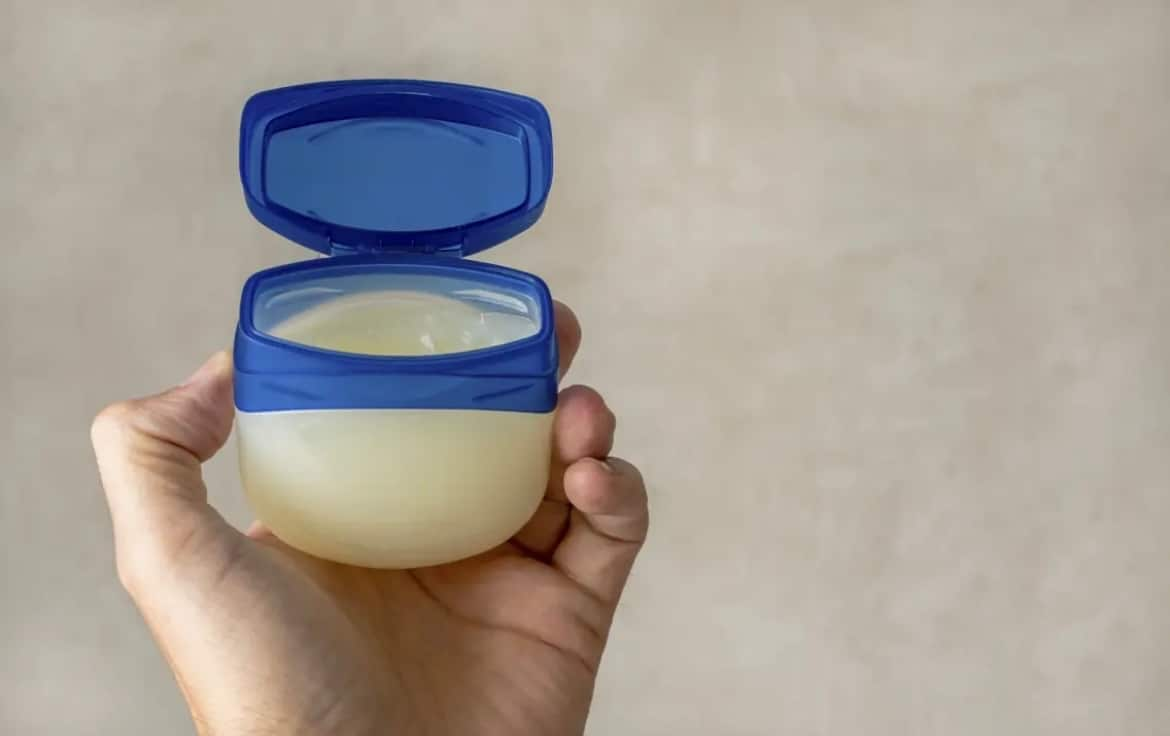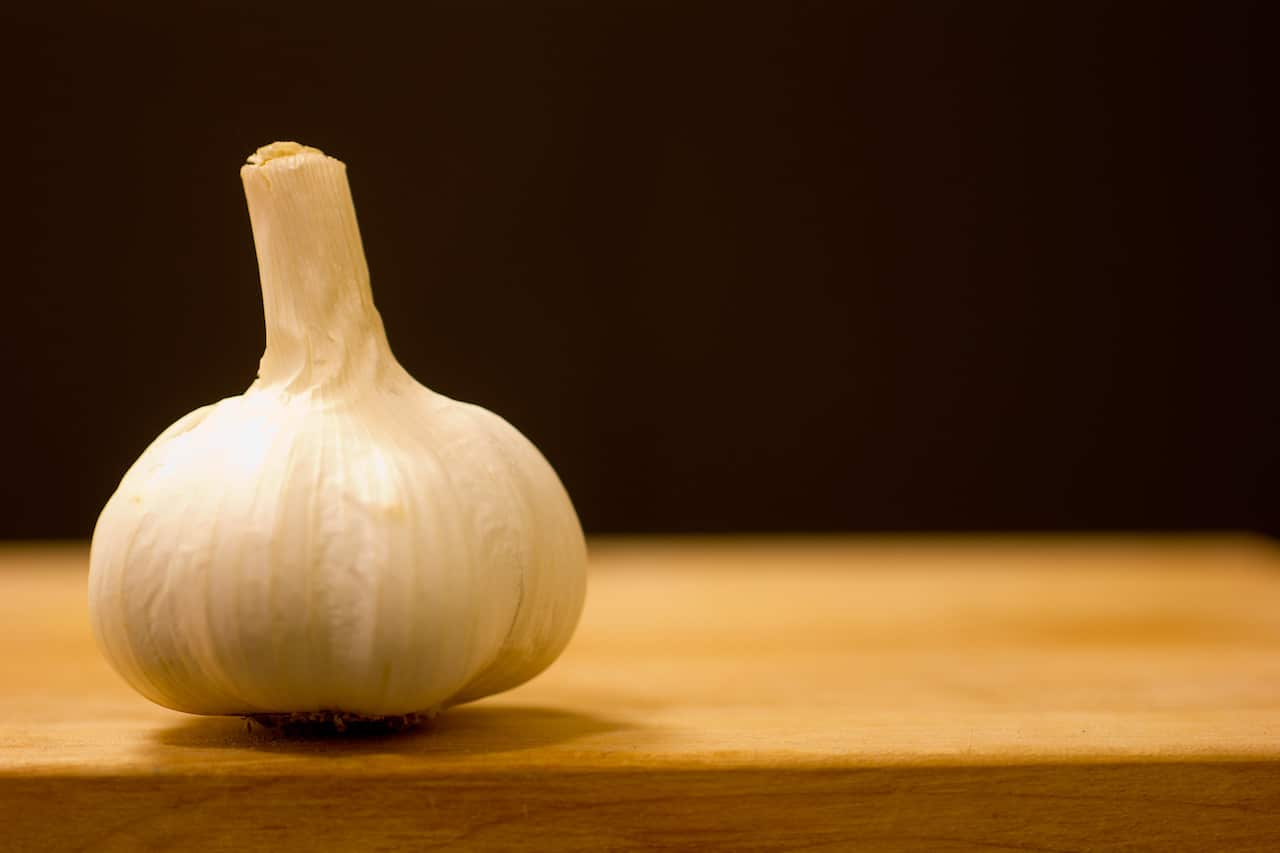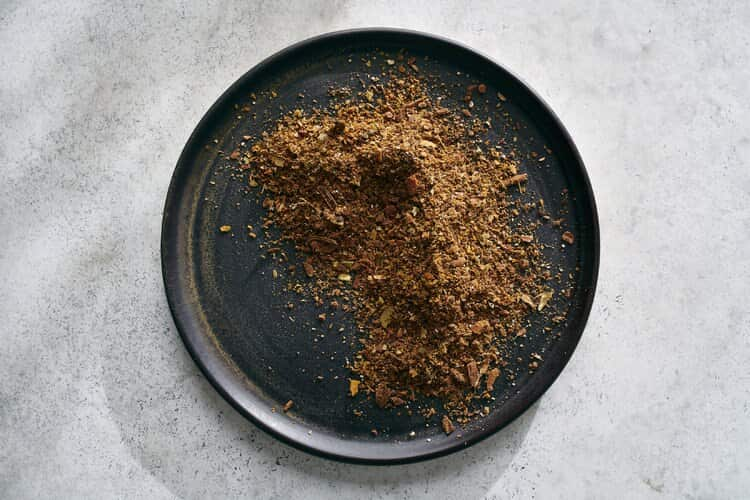Highlights
- Hay fever, also called allergic rhinitis is a common condition that can impact the quality of life.
- There are several ways to manage hay fever symptoms.
- Dr Scott warns against hay fever hacks that are circulating in the internet.
Hay fever, also called allergic rhinitis is a common condition that can impact the quality of life.
According to GP Angelica Logarta-Scott, allergic rhinitis is divided into two groups. One, the seasonal hay fever and the other is perennial rhinitis, meaning all year round allergies.
“The main trigger is mostly pollen. The timing is dependent on the different plant species we have because there are so many flowers and plants that can trigger hay fever. It’s also dependent on the geographical location."
Symptoms
Dr Scott adds that the symptoms can be mild, moderate or severe.
“Constant Sneezing, itchy eyes nose and throat, fuzzy head, tiredness, daytime sleepiness, constant colds and in children, it can be blinking, eye rubbing or speech problems or snoring.”
“In moderate and severe, it can cause abnormal sleep patterns, impairment in daily activities, it can cause problems at work.”
Management
The general management for hay fever is identification of allergen or cause says Dr Scott.
“If the cause is dust mite allergy, there are recommendation or strategies on avoiding these such as replacing furnitures, carpets, curtain and also using a high filtration vacuum cleaner.”
“If you have allergies to pets such as cats or dogs, you may need to get rid of the pet and do a thorough cleaning of pet hairs.”
She adds that intra nasal steroid can also be used for treatment on a long term basis.
Other forms of treatment according to Dr Scott are saline nasal rinse which is helpful in clearing the nasal passages.
For pollen allergies, one can take an antihistamine tablet before going out of the house and for severe cases, immunotherapy medication.
Debunking hay fever hacks
While many hay fever sufferers claim that certain hacks helped them relieve pesky symptoms, we asked the opinion of an expert if these popular tricks work or have been proven by studies.
The petroleum jelly hack
According to hay fever sufferers, dabbing vaseline around the nose or eyes effectively creates a barrier balm, collecting and trapping the pollen before you have the chance to breathe it in. Dr Scott says the said hack is a myth. Although there are anecdotal evidences, further studies are still needed, she says.
Dr Scott says the said hack is a myth. Although there are anecdotal evidences, further studies are still needed, she says.

petroleum jelly Source: getty Images
“There is no evidence on this base on studies. Maybe there are anecdotal evidence from people. But when you think about it, our nose or our nasal passages have normal cilia (small hair). These are the ones that catches those pollen. Also, our own airways produces mucus which traps pollens and all those irritants.”
She warns those who are using vaseline or petroleum jelly to be careful when using the product as studies have shown that small particles inhaled can go to the lungs and cause other health problems.
The garlic trick
Recently, there has been a TikTok trend which involves putting garlic cloves in the nostrils in an attempt to relieve hay fever symptoms. Dr Scott says the said trick is also a myth.
Dr Scott says the said trick is also a myth.

garlic hay fever myth Source: Flickr
“Garlic has anti-inflammatory effect in other forms but if we put it in the nostril, it can potentially irritate the nasal mucus. Our nasal mucus is very sensitive.”
Putting spice in food will help with congestion
Some hay fever sufferers swear that a dose of spice could ease runny nose and itchy eyes. Dr Scott says while some spices are anti-inflammatory, there is a limited study on this.
Dr Scott says while some spices are anti-inflammatory, there is a limited study on this.

Spices Source: The New York Times
“The studies are limited. But if people get relief from symptoms, so be it. If you look at turmeric or curcumin, they have anti-inflammatory effect but it depends on the amount. It may help with the symptoms. Again, it varies from individual to individual.”
Healthy Pinoy is SBS Filipino's weekly segment on health. The content provided is for informational purposes only, and does not intend to substitute professional medical advice, diagnosis, or treatment.




